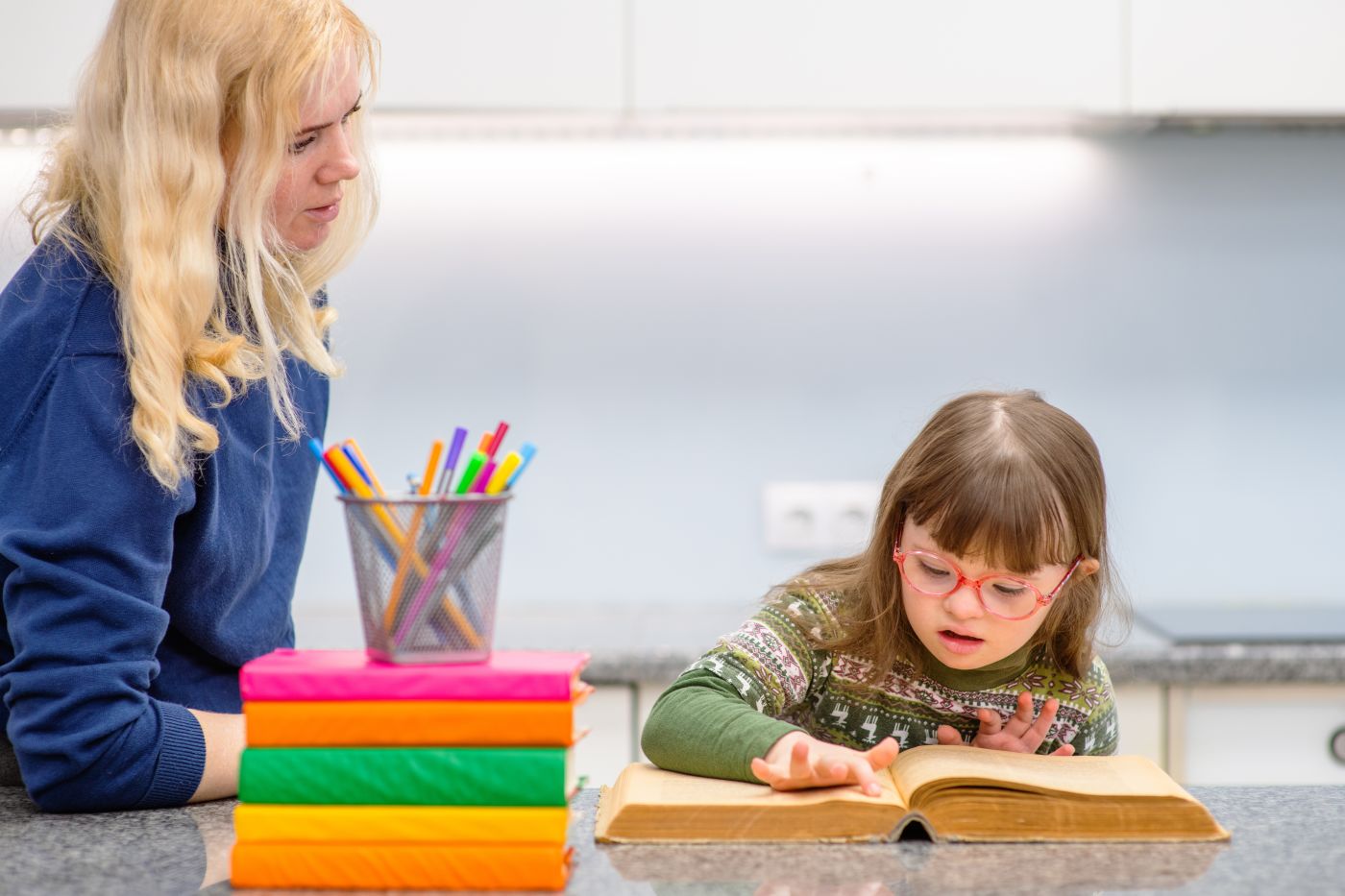With schools and colleges remaining shut, remote learning became the new norm in 2020 and continued until very recently in 2021. While many children have been able to adapt to the new normal or online classes, it became difficult for children with special needs.
According to report released by the New York State Comptroller, the school shutdown and the move to remote learning widened the achievement gap that was pre-existing for many children with special needs. This was because the shutdown led to a complete or partial loss of special education services. According to the Comptroller, the current year’s school program will focus on determining how the loss of special education services can be compensated so that children with special needs are able to achieve their success goals.
How was New York’s special education program affected?
In New York, schools and service providers collaborate with families of special needs children to develop and individualized education plan, or IEP, which meets the unique learning needs of a particular child. In terms of numbers, these children account for approximately 18% of the total number of children enrolled in New York’s K-12 schools.
When the school shutdown happened in 2020, special needs children often faced challenges in receiving IEP-mandated services. Sometimes, they were not able to receive them at all and sometimes, they were only able to receive them remotely. This restraint affected the quality of service and limited its effectiveness, especially in those cases where the child required hands-on training, face-to-face interactions, or specialized equipment.
According to the report, special needs children lost much of the IEP-mandated interventions, such as speech or occupational therapy. The report also states that children who needed bilingual services suffered the greatest loss. As a result of these, it is also expected that the impact of school closures will be much higher among children with special needs.
As parents of a child with special needs
Parents whose children have special needs must have felt this gap more than anyone else. Like anyone else, they too want their child to succeed reasonably well and, therefore, it is important for them to make sure that their children now receive the attention that they rightfully deserve. The state has already announced its plans to bridge the gap and now it is the parents’ responsibility to ensure that their child receives the IEP-mandated services.


